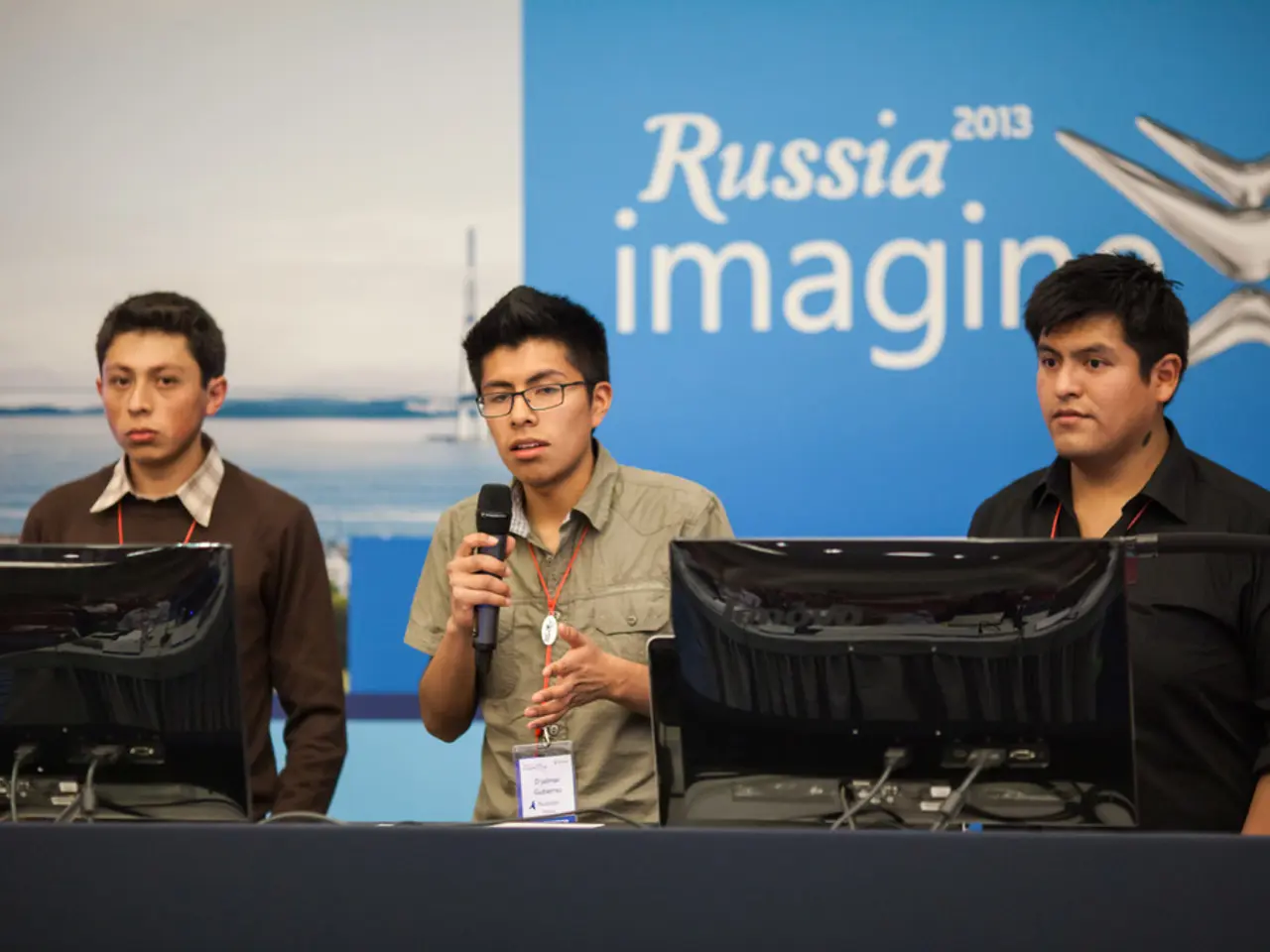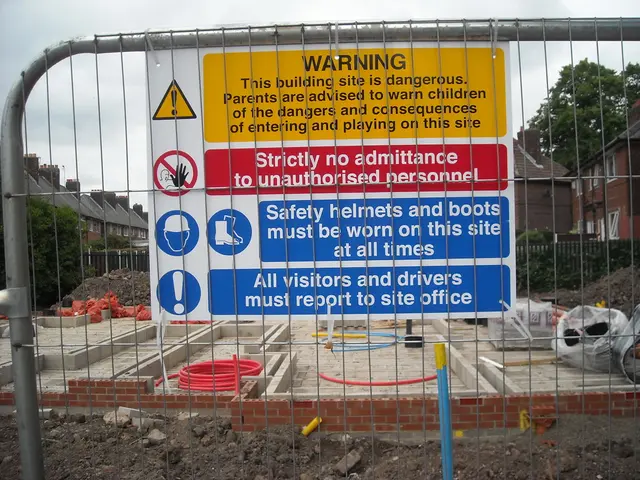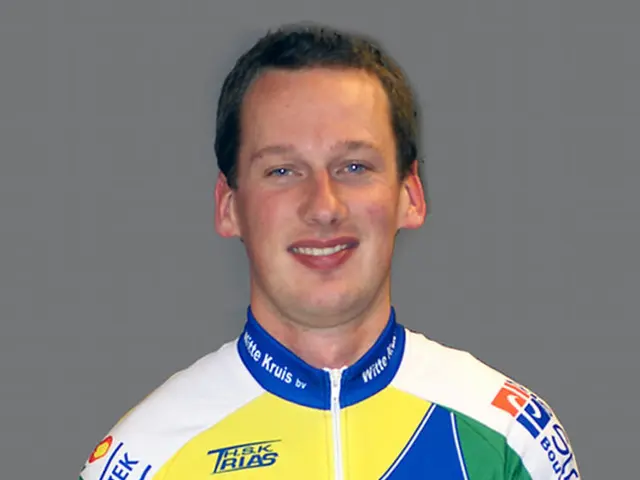Russia considers proposing an air-truce agreement to Trump, without fully resolving the ongoing conflict in Ukraine
Russia has put forward a proposal for an air truce with Ukraine, a move that could potentially halt long-range missile and drone strikes against Ukrainian targets. This truce, if agreed upon, would primarily aim to protect Russian fuel depots, airfields, and supply lines from Ukrainian attacks[1][2].
The air truce proposal, recently floated ahead of President Trump's deadline for a ceasefire on August 8, 2025, seems to be a strategic ploy rather than a genuine peace effort. The goal appears to be to obtain a temporary moratorium on long-range strikes, allowing Russia to stockpile drones and missiles for renewed large-scale strikes once the truce ends. This move also limits Ukraine's ability to degrade Russia's defense-industrial base and wartime economy with long-range attacks[1][2].
The proposal has been met with scepticism by analysts, who view it as a tactical maneuver designed to give Russia breathing room and time to strengthen its military position while continuing ground operations unhindered. U.S. authorities, including Secretary of State Marco Rubio, have acknowledged the ceasefire proposal but have emphasized the importance of a ceasefire for progress[1][2][5].
Interestingly, this air truce proposal is also connected to Russia's interest in avoiding or mitigating the impact of U.S. secondary sanctions. The moratorium on long-range strikes may be seen as a calculated step in that direction[2].
In the context of renewed peace talks in 2025 under President Trump’s administration, there is some alignment with Russian proposals, but key differences remain, and no direct high-level meetings between Putin and Zelensky have yet been scheduled. The air truce proposal is part of this complex negotiation dynamic[3][4].
Russia's hardline demands for ending the war include Kyiv's acceptance of neutral status and recognition of Russia's annexation of Crimea and of four regions of eastern and southern Ukraine. Ukraine, on the other hand, rejects these conditions and calls for Russia to agree to a ceasefire to allow space for negotiations on a peace accord[6].
Recent weeks have seen a surge in Russian air attacks on Ukraine, including record numbers of drones. Belarus President Alexander Lukashenko raised the idea of an air truce in remarks alongside Putin, though Putin didn't comment on it[7].
The Kremlin spokesman Dmitry Peskov considers meetings with U.S. envoy Steve Witkoff to be important but doesn't comment on them in advance. U.S. envoy Witkoff is currently in Russia, offering a late opportunity for agreement with Trump, although expectations for success are low[4].
Meanwhile, Zelenskyy held "productive" phone talks with Trump on Tuesday, discussing sanctions against Russia. Trump is threatening to impose heavy tariffs on countries such as China and India that buy Russian oil and other goods, starting from Friday[8].
President Vladimir Putin is determined to continue Russia's war and won't agree to a general ceasefire in Ukraine[9]. However, the end of the war, though not a return to the former borders, is a welcome scenario for most Russians, according to Denis Volkov, director of the independent Levada Center pollster in Moscow[10].
The future of the air truce proposal and its potential impact on the conflict in Ukraine remains uncertain. As negotiations continue, the international community watches with bated breath, hoping for a resolution that brings peace and stability to the region.
Sources: 1. Reuters 2. The Washington Post 3. The Guardian 4. CNN 5. NBC News 6. BBC News 7. AP News 8. Bloomberg 9. The New York Times 10. Radio Free Europe/Radio Liberty
- The air truce proposal, concerning the ongoing conflict between Ukraine and Russia, is primarily viewed as a tactical move rather than a genuine peace effort, with analysts suggesting it may allow Russia to strengthen its military position and stockpile weapons for renewed attacks.
- Despite the ongoing discussions around the air truce, the war in Ukraine continues, with President Vladimir Putin determined to continue military operations and Ukraine rejecting Russia's hardline demands for a ceasefire, raising concerns about the potential for prolonged war-and-conflicts in the region.






